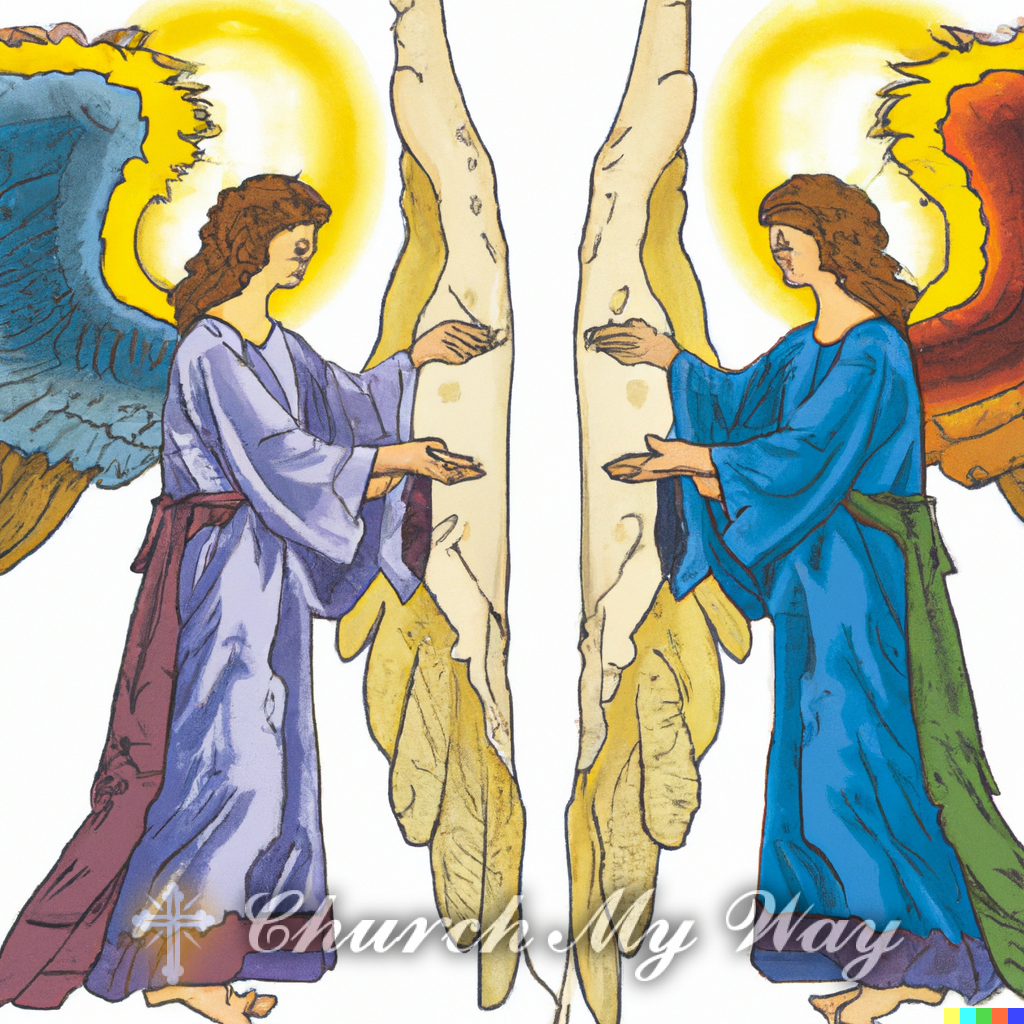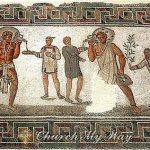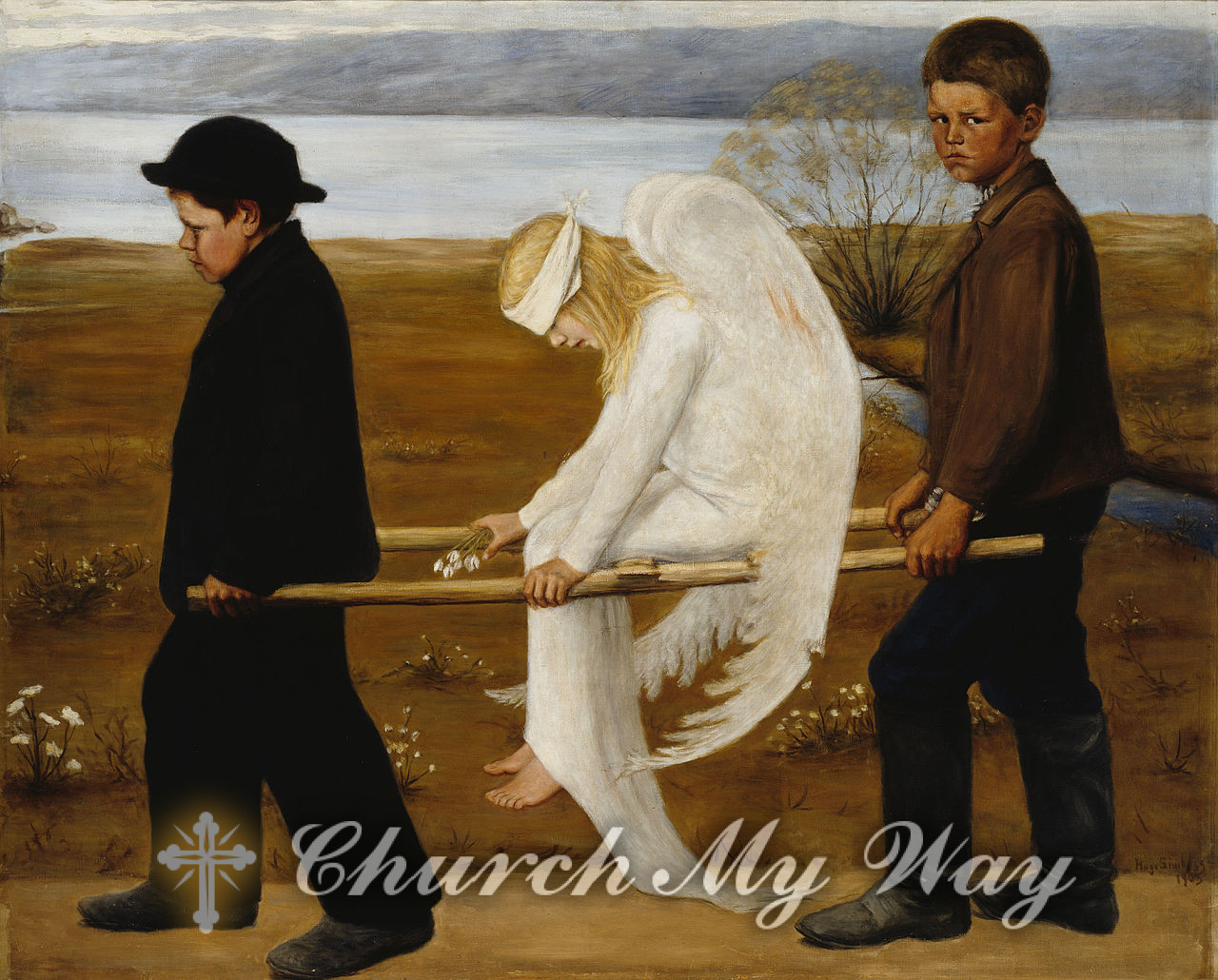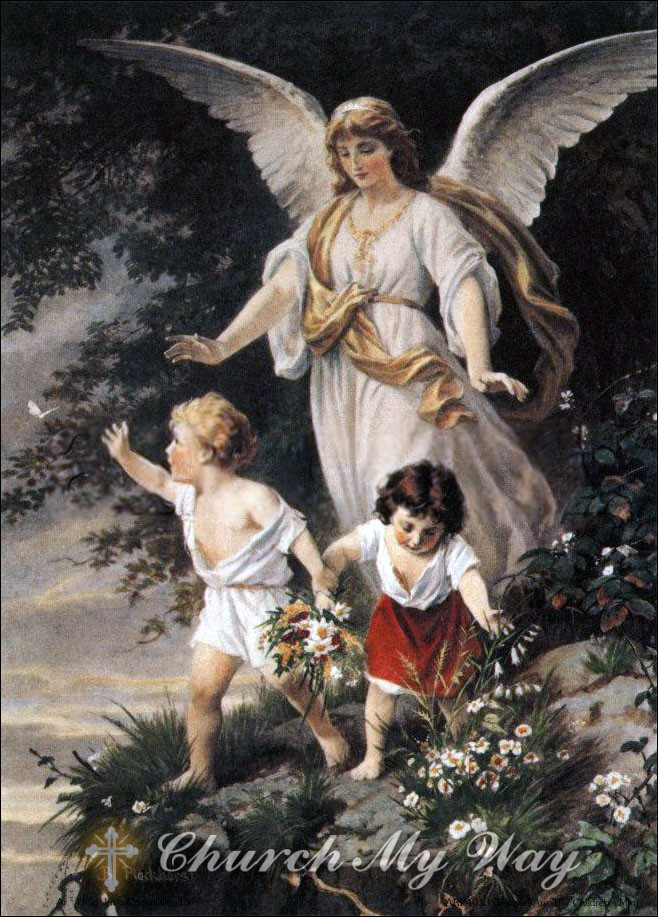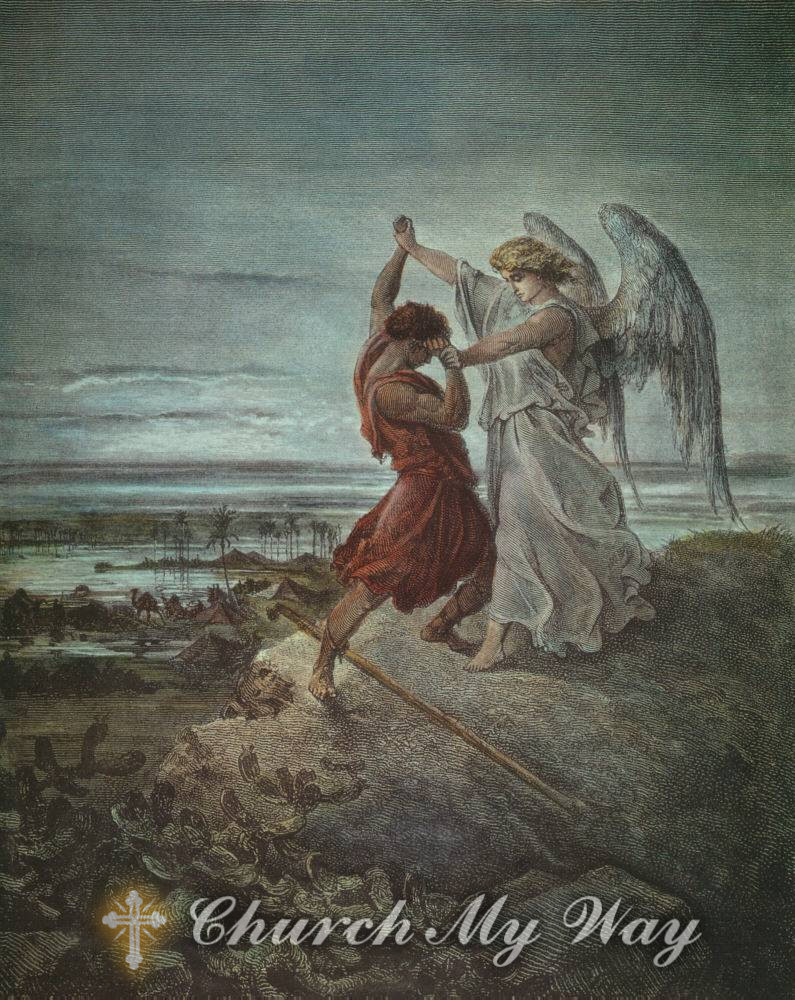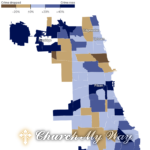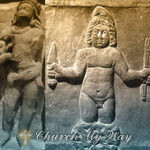Unlocking the Mystery of Biblically Accurate Angels in Catholicism
Biblically Accurate Angels are fascinating creatures that have captured the imaginations of people for centuries. They are depicted in art, literature, and popular culture as powerful and awe-inspiring beings, but what does the Bible say about them? In this article, we will explore the biblically accurate portrayal of angels and their role in salvation history. From protection to praise, guidance to administration of God’s will, we will delve into the many responsibilities of these celestial beings.
Join us as we discover the significance of biblically accurate angels in our lives and how they play a vital role in the Catholic Church. Whether you’re a devout Catholic, a curious believer, or simply someone who wants to learn more about these fascinating creatures, this article will provide you with a comprehensive look at the biblically accurate portrayal of angels. So come, let us learn together and unlock the mystery of these celestial messengers.
I. Introduction
Angels are a significant aspect of both the Old and New Testament of the Bible. They are celestial beings created by God to serve as His messengers, servants, and protectors of humanity. In this article, we’ll explore the biblical depiction of angels and their role in salvation history.
II. The Origin of Angels
According to the book of Genesis, angels were created by God before the creation of the world. They are a separate creation from humans and are spiritual beings with no physical form. They are also immortal and do not experience death.
The origin of angels is described in the first book of the Bible, Genesis, and in other books of the Old and New Testament. According to Catholic belief, angels are purely spiritual beings and were created by God before the creation of the world.
In the book of Job, it is written that “the morning stars sang together, and all the sons of God shouted for joy” (Job 38:7), which is understood to refer to the creation of the angels. The book of Colossians also states that “all things were created through Him and for Him” (Colossians 1:16), and that includes the angels.
The Catholic Church teaches that angels are a separate creation from humans and are not physical beings. They are immortal, which means they do not experience death, and they exist in a purely spiritual state. Angels are said to be pure, intelligent, and powerful beings who possess free will and the ability to choose to serve God or not.
It is also important to note that the Catholic Church teaches that angels are not equal in rank or power. Some angels are higher in rank and have more significant responsibilities, while others have more limited roles. The Bible mentions different categories of angels, such as archangels, angels of the Lord, and guardian angels, each with a specific purpose and function.
In summary, the origin of angels is described in the Bible as a separate creation by God before the creation of the world. They are pure, intelligent, and powerful beings who exist in a purely spiritual state and play a significant role in the divine plan of salvation.
III. Types of Angels
The Bible mentions different types of angels, each with a specific purpose and function. Some of the most prominent types of angels mentioned in the Bible are:
- Archangels: These are high-ranking angels who play a significant role in the divine plan of salvation. The Bible mentions three archangels by name: Michael, Gabriel, and Raphael. Archangels are high-ranking angels who play a significant role in the divine plan of salvation. The Bible mentions three archangels by name: Michael, Gabriel, and Raphael. Michael is described as the protector of God’s people and the commander of the heavenly host. Gabriel is known as the messenger of God and is mentioned in the Bible as announcing the births of both John the Baptist and Jesus. Raphael is described as a healing angel and is mentioned in the book of Tobit.
- Angels of the Lord: These are angels who serve as messengers of God and are often seen delivering messages to humans. They are mentioned in several instances in the Bible, such as in the story of the Annunciation, where the angel Gabriel appeared to Mary to announce that she would give birth to Jesus
- Guardian Angels: These are angels assigned by God to protect and guide individuals on their earthly journey. According to Catholic teaching, each person has a guardian angel who is assigned to them from birth and accompanies them throughout their life. The Bible mentions the role of guardian angels in several verses, such as in Matthew 18:10, where Jesus says, “See that you do not look down on one of these little ones. For I tell you that their angels in heaven always see the face of my Father in heaven.”
- Seraphim and Cherubim: Seraphim and Cherubim are two types of angels mentioned in the Bible. Seraphim are described as having six wings and are mentioned in Isaiah 6:2 as worshiping God in His temple. Cherubim are described as having four faces, one of a man, an ox, a lion, and an eagle, and are mentioned in the book of Genesis as guarding the entrance to the Garden of Eden.
It’s important to note that these are not the only types of angels mentioned in the Bible, but they are some of the most prominent and well-known types. Additionally, the Bible doesn’t provide a complete and exhaustive list of all the different types of angels, and some of the descriptions of their roles and responsibilities may be open to interpretation. Nevertheless, the role of angels in the Bible and in the Catholic Church is a significant aspect of our faith and serves as a reminder of God’s love and presence in our lives.
IV. The Role of Angels in Salvation History
Angels play a crucial role in salvation history by serving as messengers of God and carrying out His divine plan. In the Old Testament, angels were often seen as protectors of God’s people and as messengers of God’s will. In the New Testament, angels are seen announcing the birth of Jesus and ministering to Him during His temptations in the wilderness.
The role of angels in salvation history is significant and multifaceted. Here are a few additional aspects of their role:
- Protection: Angels serve as protectors of God’s people, both physically and spiritually. They have been seen in the Bible as delivering God’s people from danger, such as in the story of the Israelites’ escape from Egypt, where an angel is described as leading them to safety (Exodus 14:19). Additionally, angels serve as protectors of the faithful by helping to guard against spiritual dangers and temptations.
- Guidance: Angels play a role in guiding individuals on their journey of faith, as well as helping to guide the Church as a whole. For example, the angel Gabriel appeared to Mary to announce the birth of Jesus, and an angel is described as guiding the apostle Peter out of prison in the book of Acts (Acts 12:7-10).
- Announcement of Good News: Angels play a role in announcing the good news of salvation to humanity. The angel Gabriel appeared to the shepherds in the book of Luke to announce the birth of Jesus, and an angel is described as announcing the resurrection of Jesus to the women at the tomb (Matthew 28:5-6).
- Worship and Praise: Angels play a role in worshiping and praising God. They are described as constantly singing His praises in heaven, and they play an important role in the celebration of the liturgy. In the Catholic Church, angels are invoked in the prayers and liturgical celebrations, and they are seen as a source of inspiration and encouragement for the faithful.
- Administration of God’s Will: Angels play a role in the administration of God’s will and in carrying out His commands. They are seen as agents of God’s justice, and they play a role in carrying out His judgment on the earth. For example, the book of Revelation describes an angel blowing a trumpet to announce the end of the world and the final judgment (Revelation 8:2-3).
In summary, the role of angels in salvation history is varied and significant, and they serve as protectors, guides, messengers, worshipers, and agents of God’s will. The Catholic Church recognizes the important role that angels play in our lives, and they are seen as a source of inspiration, guidance, and comfort for the faithful.
V. Conclusion
In conclusion, the role of angels in salvation history is an important aspect of Catholic belief. From protection to guidance, from praise to the administration of God’s will, angels play a significant role in our lives. They serve as messengers, protectors, worshipers, and agents of God’s will, helping to guide us on our journey of faith and bringing us comfort and inspiration. As Catholic believers, we can look to the example of the angels and draw on their strength and guidance in our own lives.
Through prayer, devotion, and reflection, we can deepen our relationship with these celestial beings and seek their help in our struggles and temptations. In this way, we can better understand and appreciate the biblically accurate portrayal of angels and the important role they play in our lives and in salvation history. May we always remember that these celestial messengers are always present to assist us, guide us, and bring us comfort. Amen!
References:
- Catholic Church. Catechism of the Catholic Church. United States Conference of Catholic Bishops.
- Pope Francis. Angelus Address: Feast of the Guardian Angels. Vatican News.
- Images: Wikipedia
